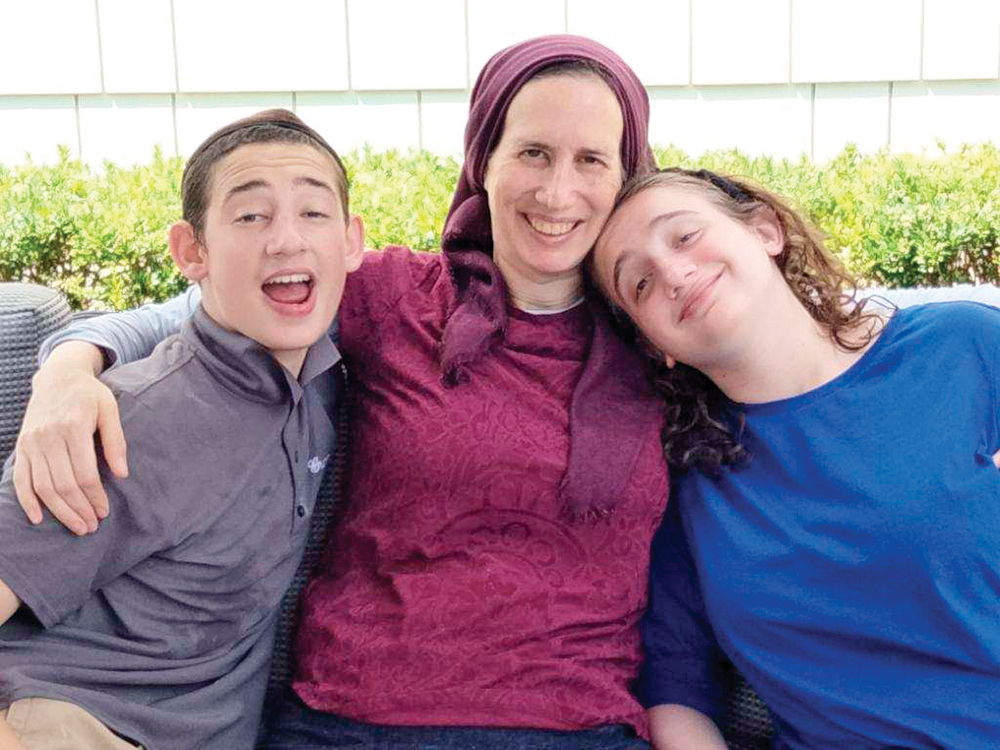Dementia is a word that carries significant stigma. In reality, dementia is an umbrella term that is made up of a number of diseases that affect a person’s memory, thinking, speech and/or executive function. There are many different types of dementia. The most common, and well known, is Alzheimer’s dementia, which is due to neurofibrillary tangles and amyloid plaques in the brain. Other types of dementia include frontotemporal dementia, Lewy body dementia, and vascular dementia. Each form of dementia has its own risk factors and unique characteristics, and often, there is overlap with multiple types occurring simultaneously. In many cases, people who develop dementia experience similar symptoms early on that progress over time. The changes in the brain that lead to eventual symptoms start occurring decades before symptoms become apparent.
These symptoms can have a significant impact on one’s ability to think and act clearly. These symptoms can also affect one’s physical, mental and emotional health. In many cases, early symptoms can manifest as behavioral changes, changes in patterns of thinking, and difficulty in maintaining a routine or handling changes in routine. Some common early signs of dementia include forgetting short-term conversations, difficulty making decisions, struggling with daily activities such as handling money or shopping, getting lost in familiar places, or a general slowing down.
In reality, we have all had occasional forgetfulness or difficulty remembering a specific word. However, if this happens more frequently, or one forgets conversations that have occurred just minutes or hours before, this may be worrisome. If someone is forgetting the names of familiar people, or misplacing things regularly, these could be early symptoms. If someone seems easily confused by situations they could normally handle, this may be an early sign of dementia.
If someone normally handles the bills or handles the check at a restaurant, but now struggles with basic math, simple finances, or is unable to calculate the right tip, this may be a concerning sign. Inattention to detail or difficulty with reasoning can be indicative of a larger problem. People with dementia tend to wander occasionally, and get lost in familiar locations. This could be walking, driving, or even struggling with basic driving functions. Slowing down is a natural function of life, but oftentimes, people with dementia experience early problems with vision, hearing or general movement. Though these symptoms are non-specific, if you or a loved one is experiencing any of these, it is worth getting evaluated.
At The Memory Center, we are experts at differentiating between normal aging and early dementia. We utilize state-of-the art bloodwork, diagnostic testing, and the professional expertise of internal medicine, neurology and psychiatry physicians to delineate between normal aging and an underlying neurodegenerative process. Dementia is a scary term, and a scary prospect, but we want you or your loved ones to feel completely cared for. Regardless of the outcome of one’s evaluation, we take pride in providing information, knowledge, and a plan to move forward.
Early detection is one’s best chance to maximize one’s quality of life moving forward. Visit TheMemoryCenter.Org, or call us at 201-947-4777 for more information today.











